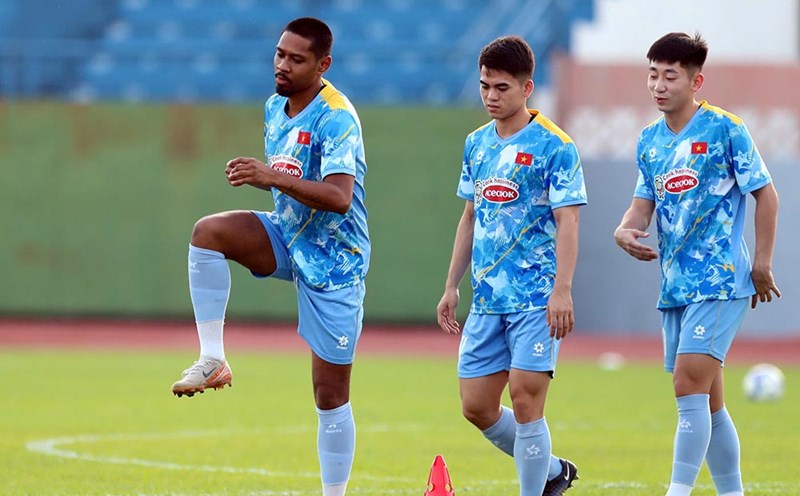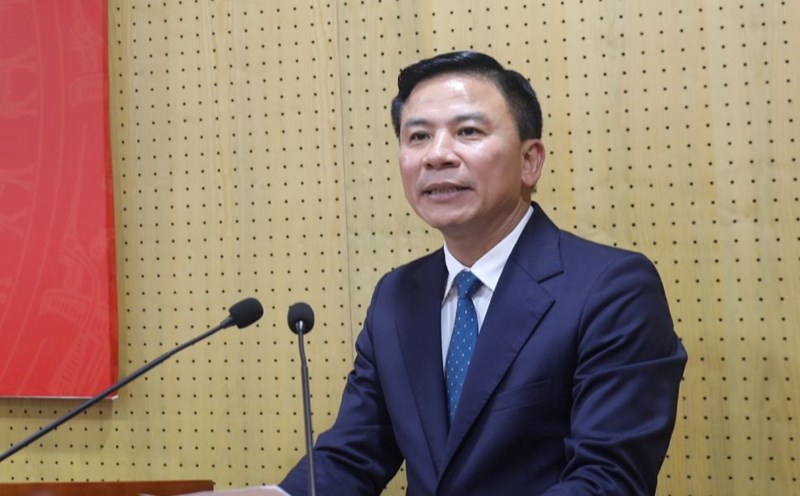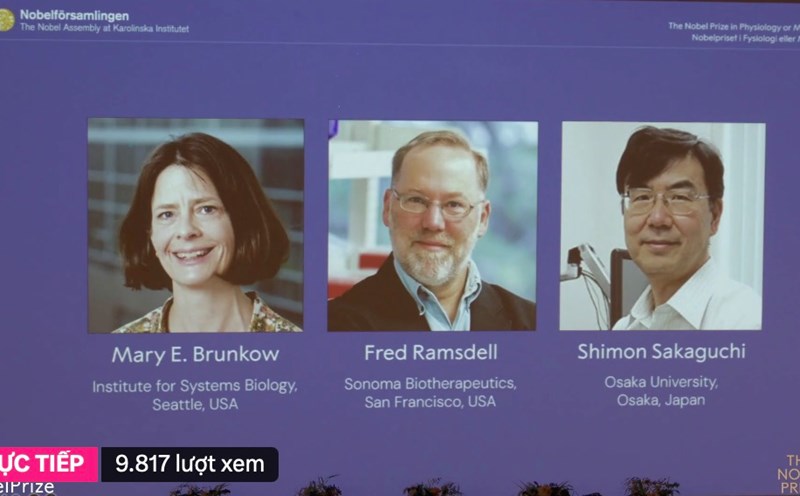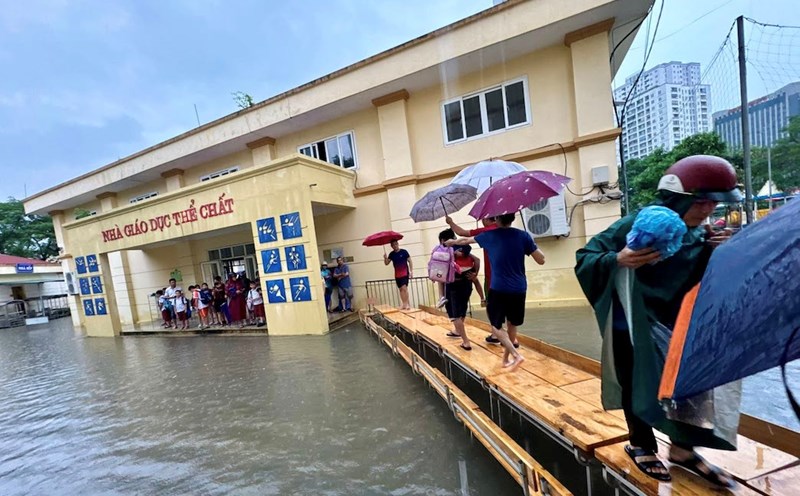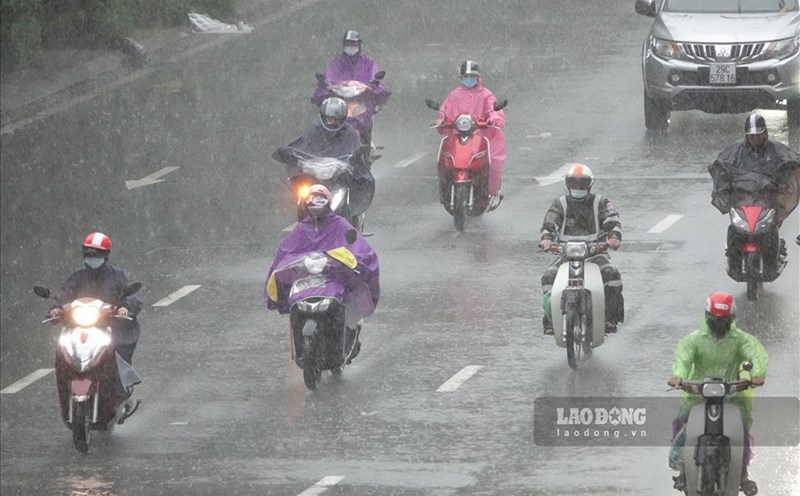In early October, political tensions in the capital Tbilisi of Georgia became tense as thousands of protests gathered outside the Presidential Palace on the day of local elections - an election boycotted by many opposition parties.
According to Prime Minister Irakli Kobakhidze, the demonstrators have sought to turn around the constitutional order and intended to overthrow the legitimate government. He accused the European Union (EU) of being involved in the protest.
Riot police in Tbilisi used a hopeful and pepper spray to disperse the crowd as some tried to cross the fence to enter the palace. At least five protests were arrested, along with recorded casualties of 21 security guards and six protests injured in clashes.
Kobakhidze said the authorities would take strong measures to " punish the masterminds", and asked the EU Ambassador to Georgia Herczynski to condemn the protest from a diplomatic perspective. He affirmed that no one, including internationally, will escape political responsibility in this incident.
Meanwhile, the EU has denied the concerns of the Georgia Prime Minister, calling them unfounded accusations to distract from internal political issues in Georgia.
On October 6, Georgia prosecutors prosecuted five protest leaders for planning to overthrow the government. If convicted, these individuals face sentences of up to 9 years in prison.
The context of the crisis does not stop at a single protest. In recent years, Georgia has seen an ever-increasing wave of protests - from the government's cancellation of EU entry talks, the application of the "big foreign impact" law to civil society organizations, to the dismissal of about 700 civil servants for supporting the EU movement.




